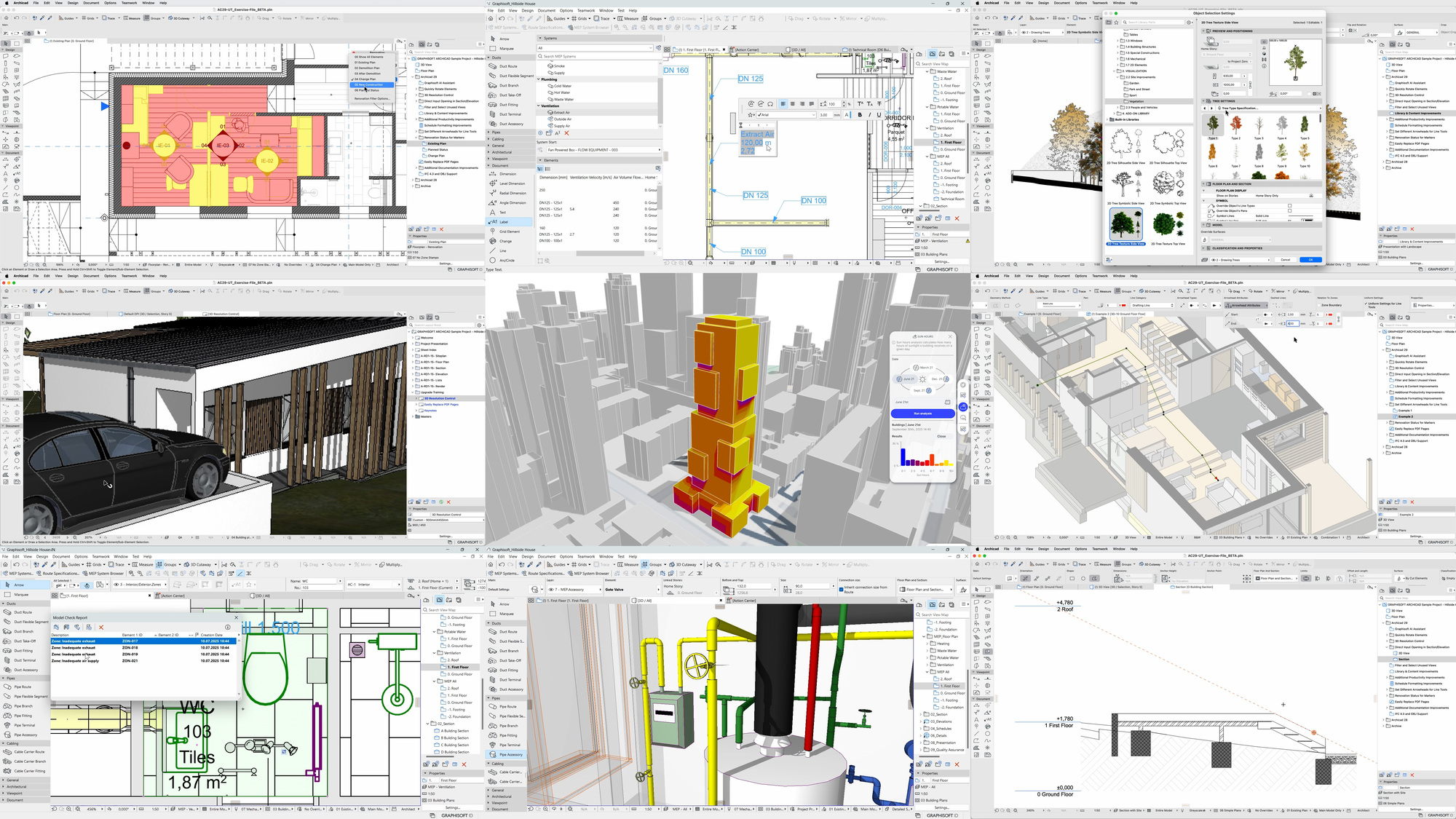
"Software keeps evolving, and with it, the design experience. In recent years, this evolution has accelerated- machine learning, AI, prompts, and integrated workflows have moved from the periphery to the core of design practice, becoming part of the shared language between software and users. As these tools take hold, a key question emerges: How will this reshape our experience of designing architecture in the future?"
"Because no single software can meet every need or workflow, integrated ecosystems have become essential. In this interconnected landscape, architects move between AI, interoperability challenges, and specialized platforms, where the boundaries of how ideas are developed and shared continue to shift. Understanding how these elements interact is vital to shaping a design experience that is both efficient and inspiring."
"We are aiming to augment architects' capabilities. -János Detre, Director - Product Management"
Software often marks a turning point in architectural education by allowing ideas to transcend physical models and take shape digitally. Recent acceleration in machine learning, AI, prompts, and integrated workflows has moved these technologies from the periphery to the core of design practice. Integrated ecosystems are essential because no single application can meet every need, requiring architects to move between AI, interoperability challenges, and specialized platforms. Understanding the interaction of these elements is vital to shaping a design experience that balances efficiency, creativity, and collaboration. Platforms like Archicad 29 reflect a Design Intelligence strategy to augment architects' capabilities.
Read at ArchDaily
Unable to calculate read time
Collection
[
|
...
]